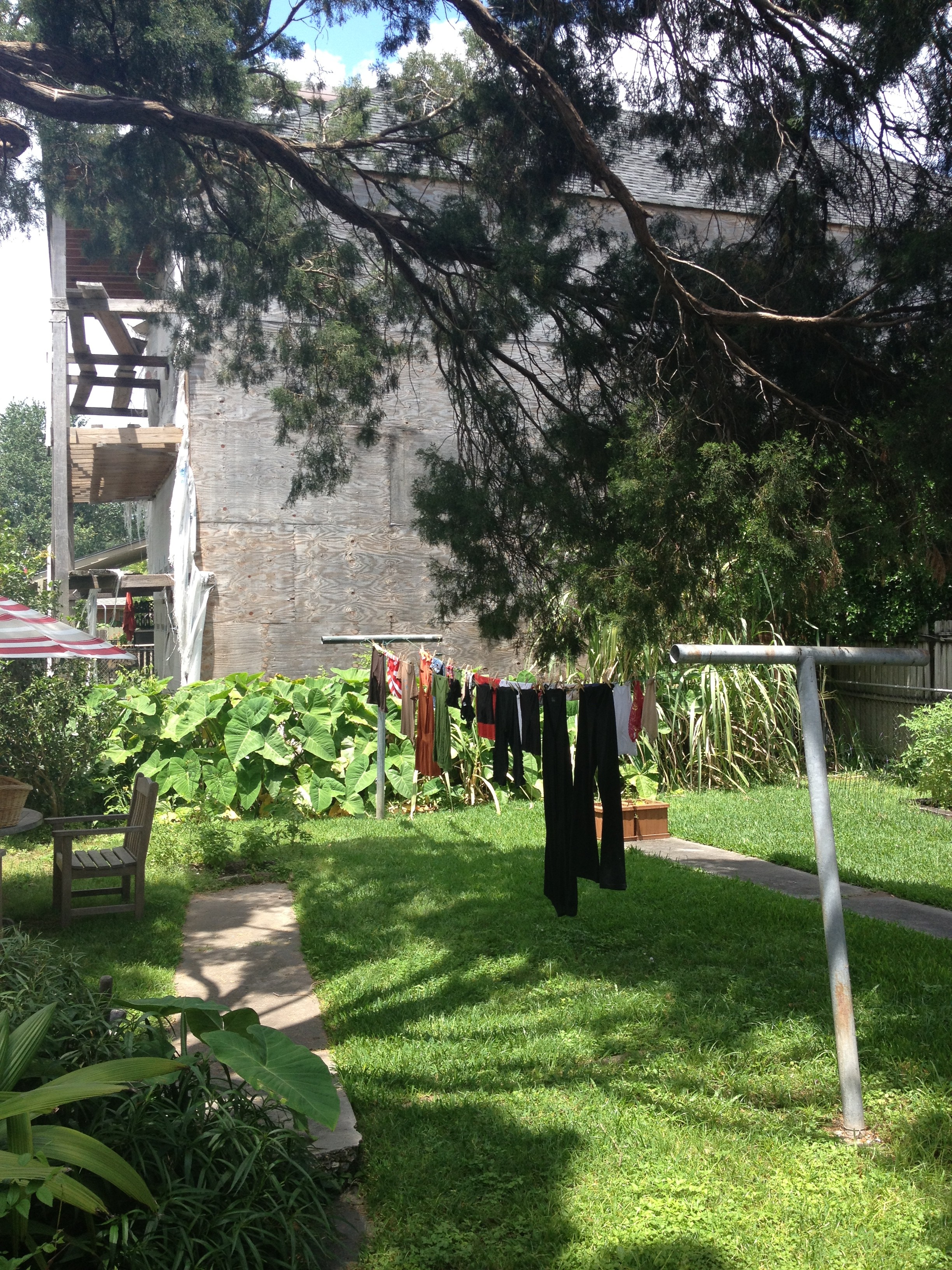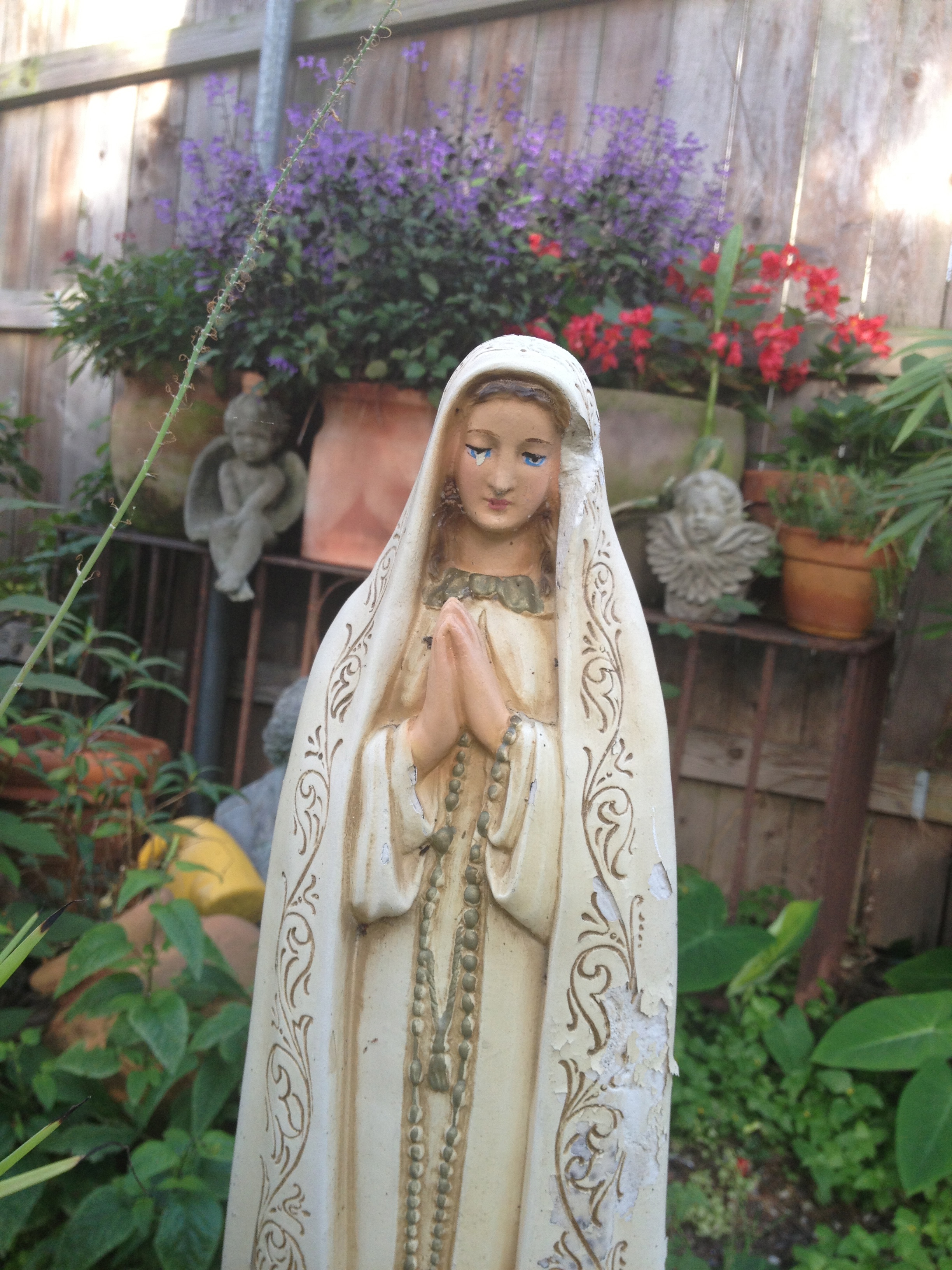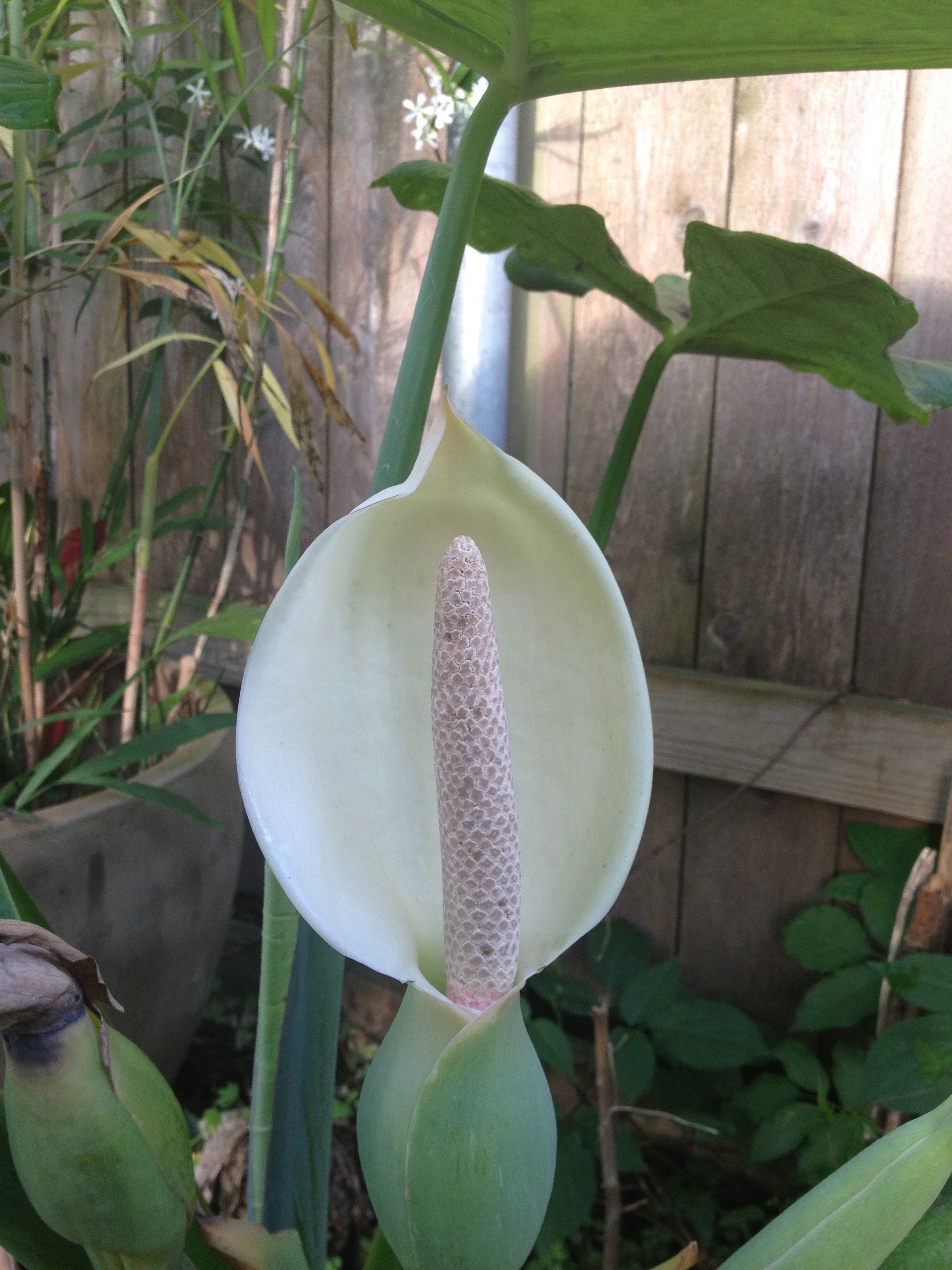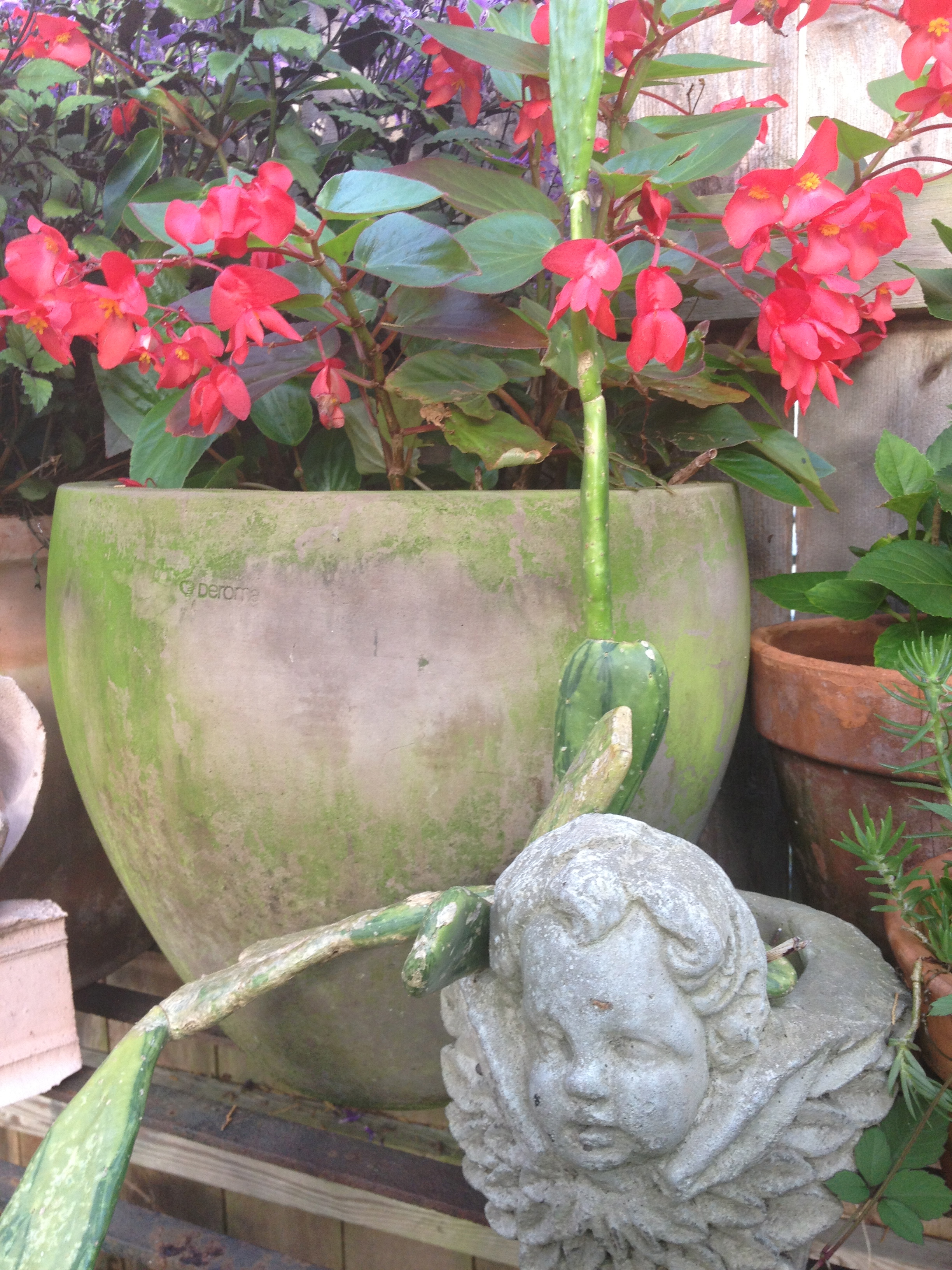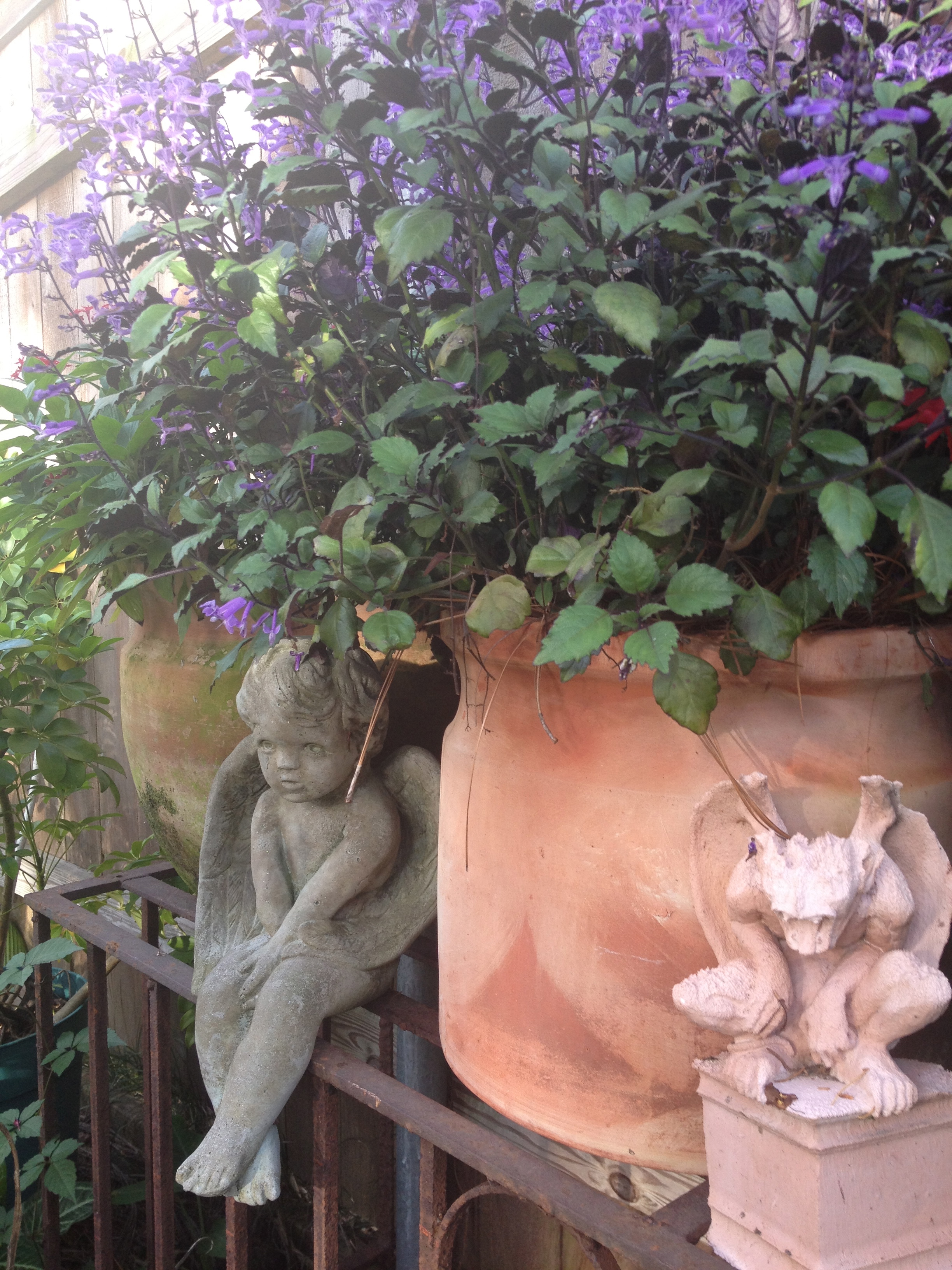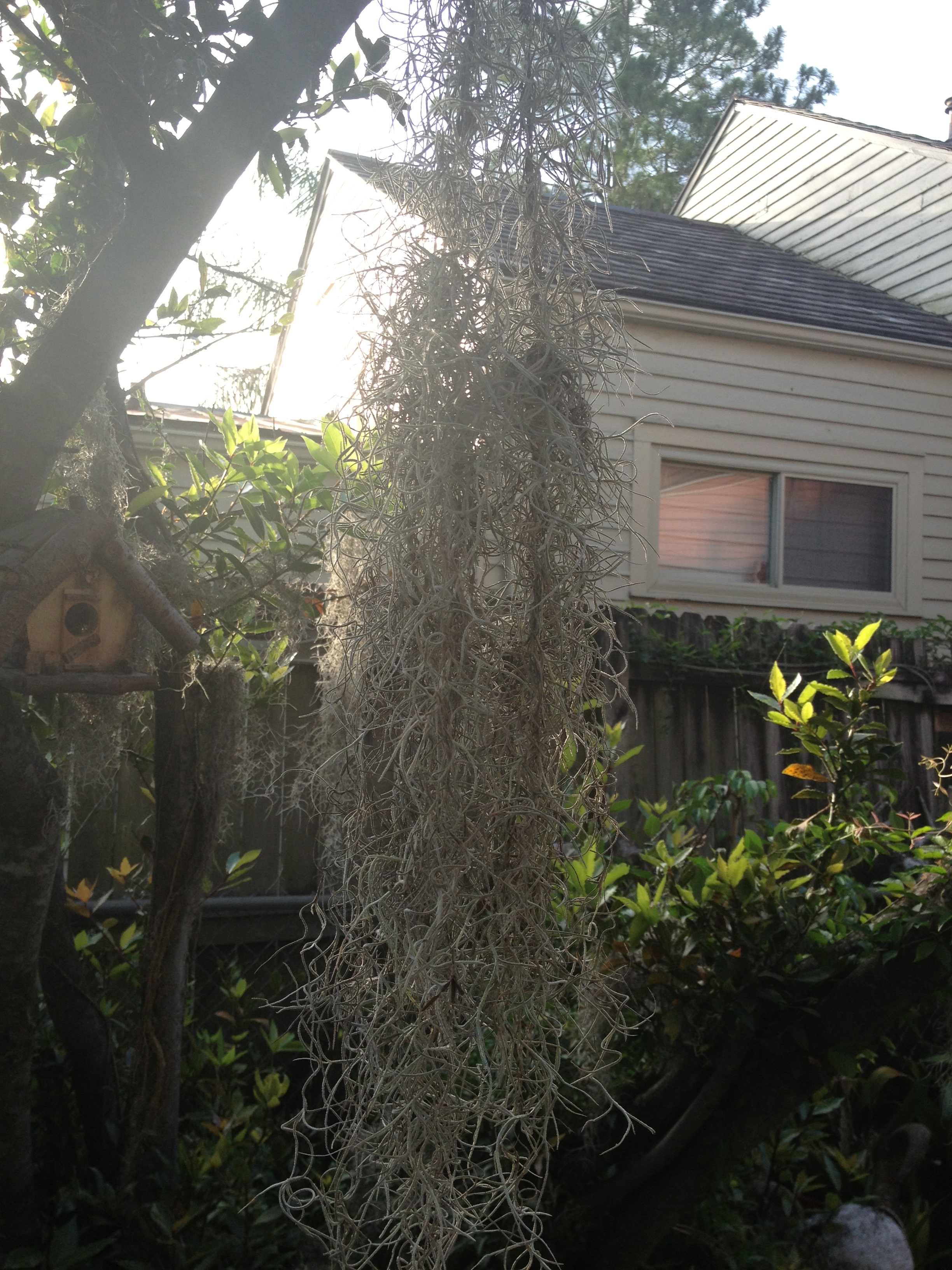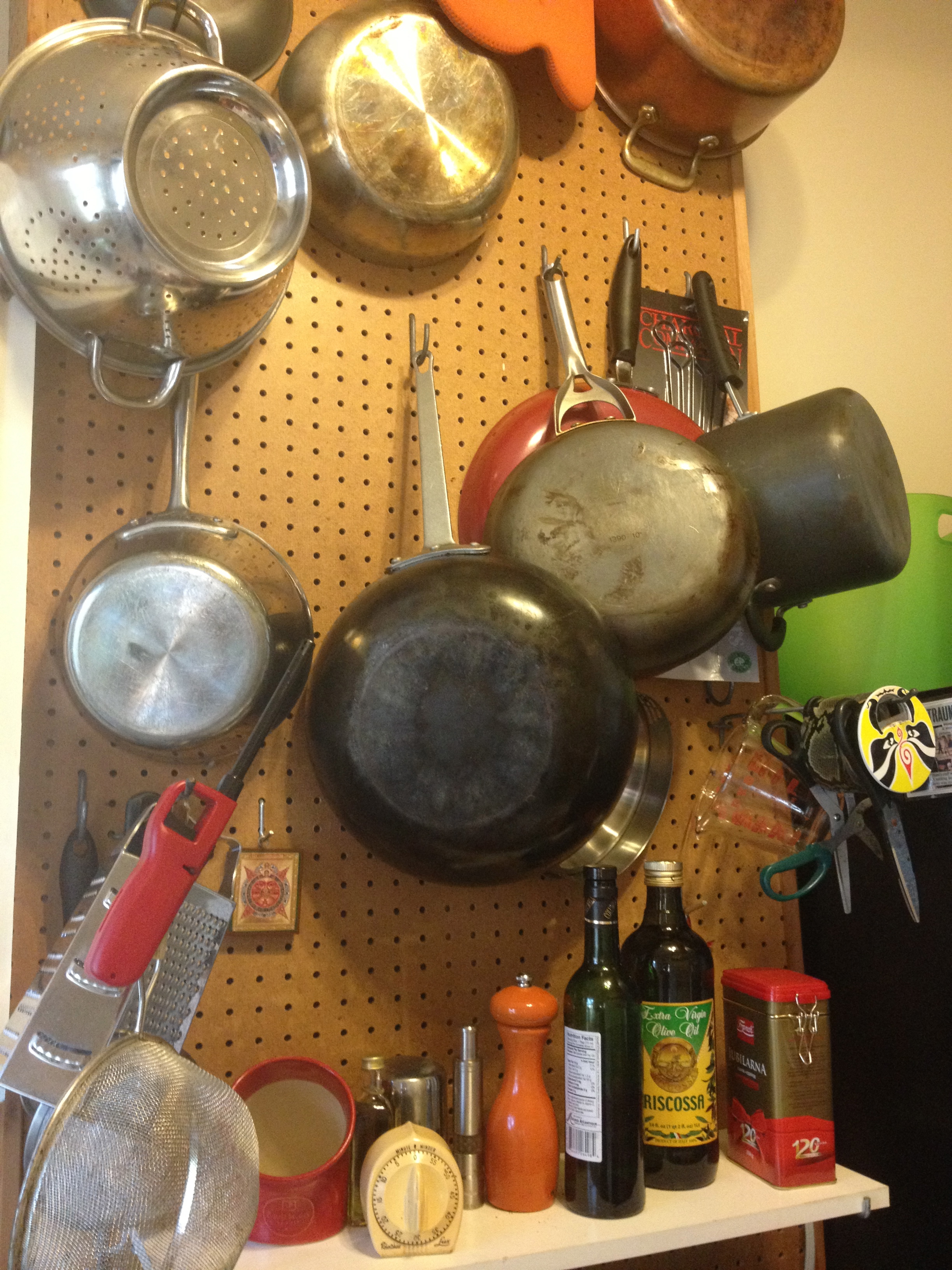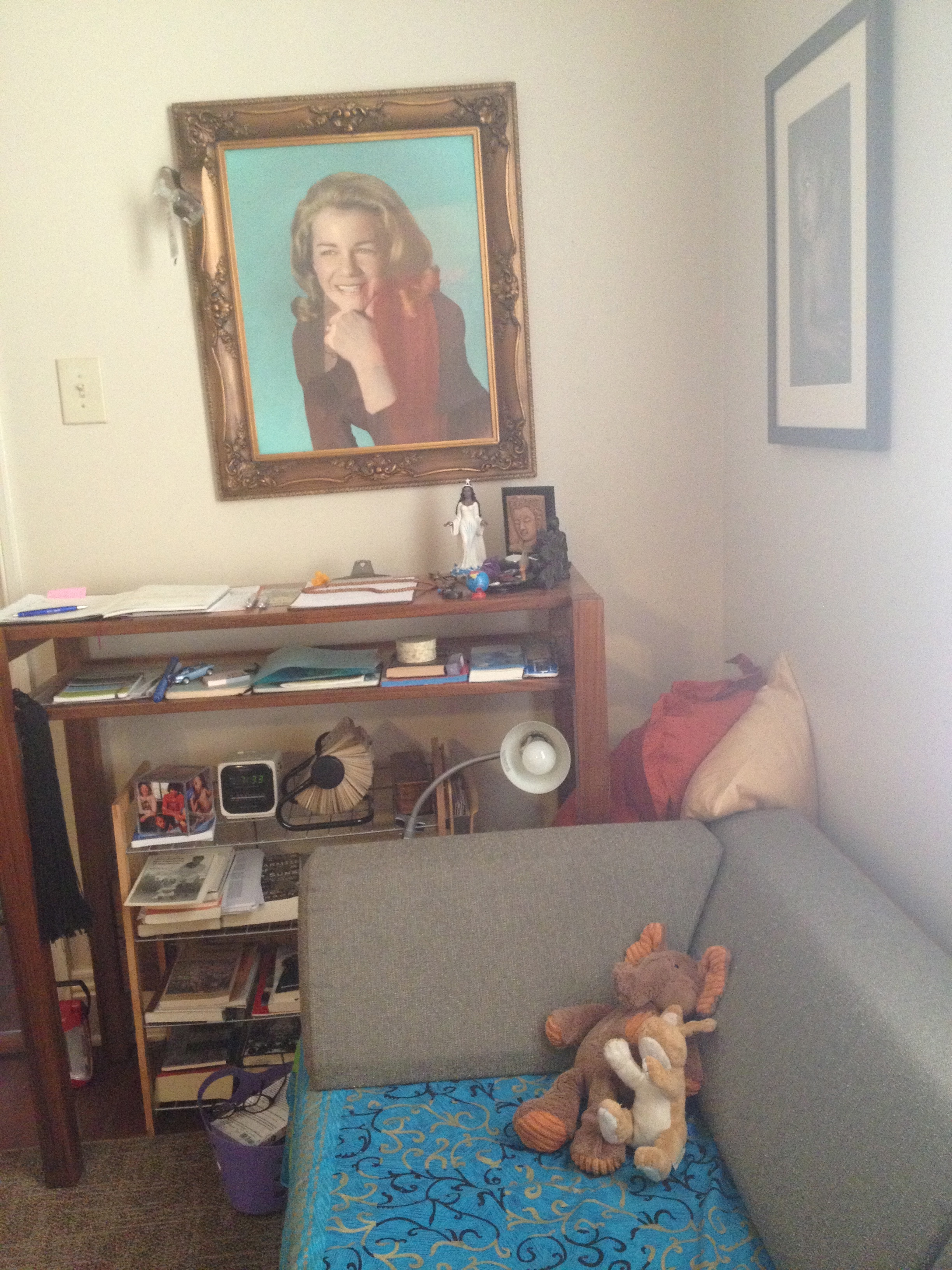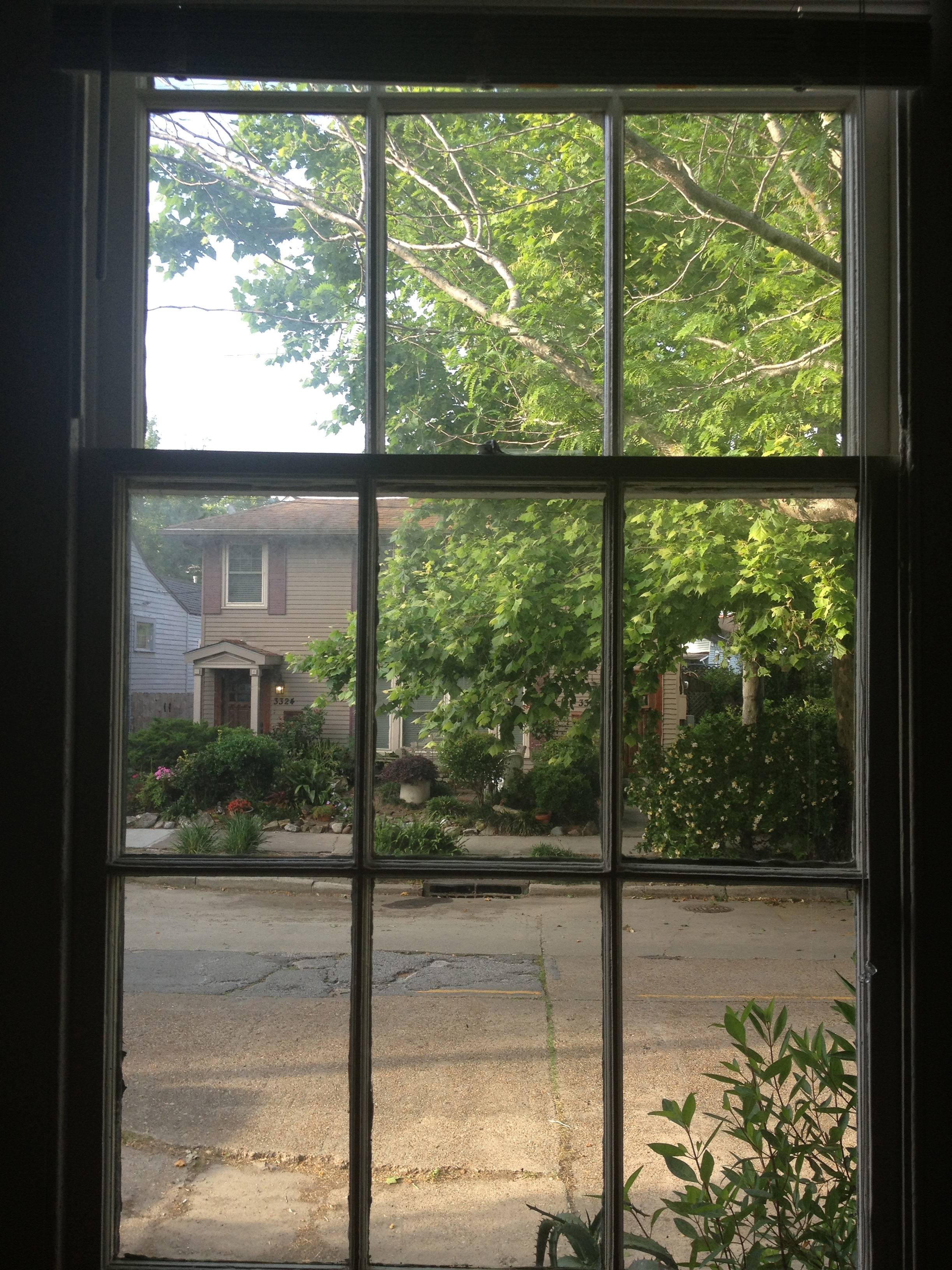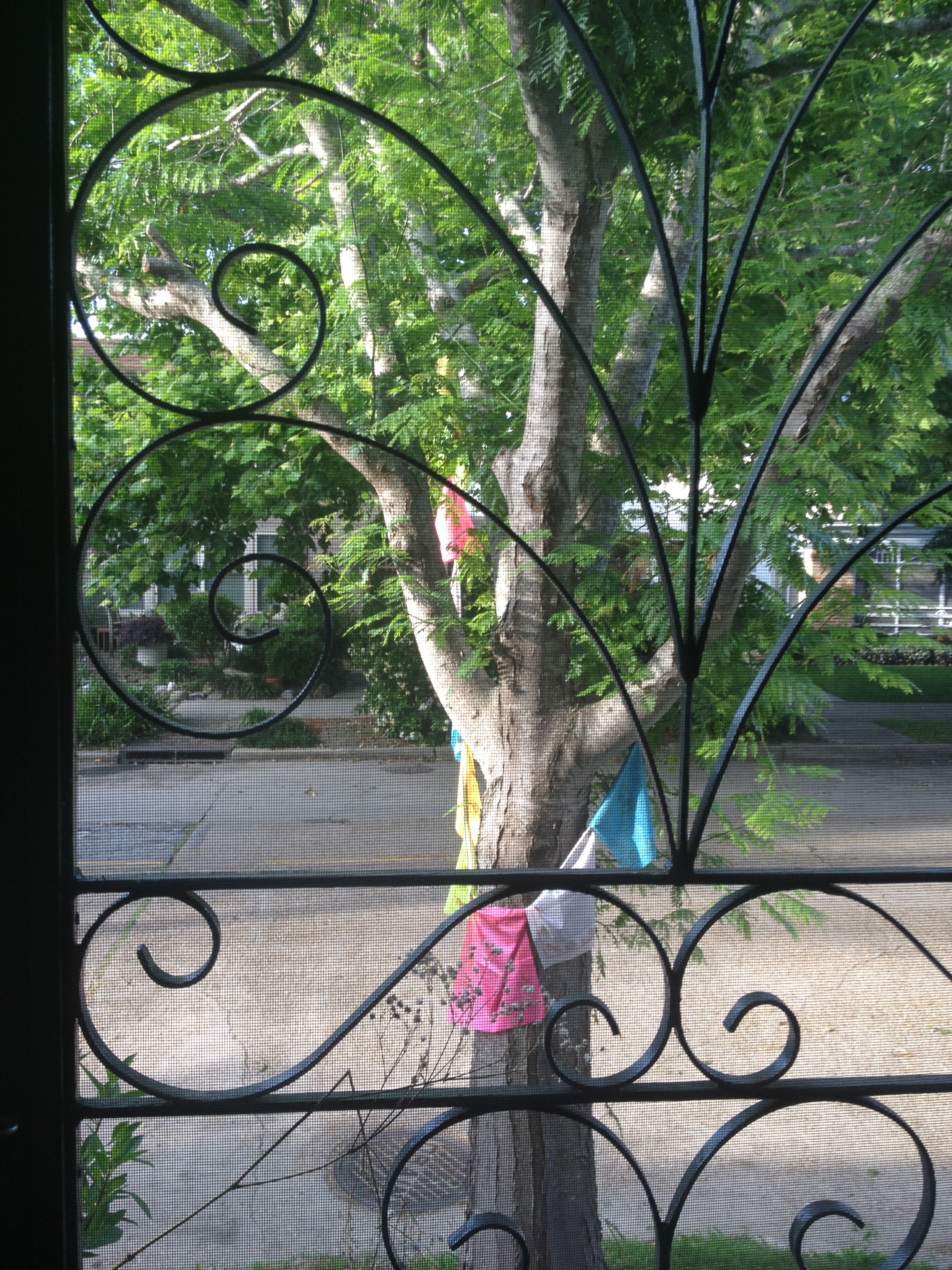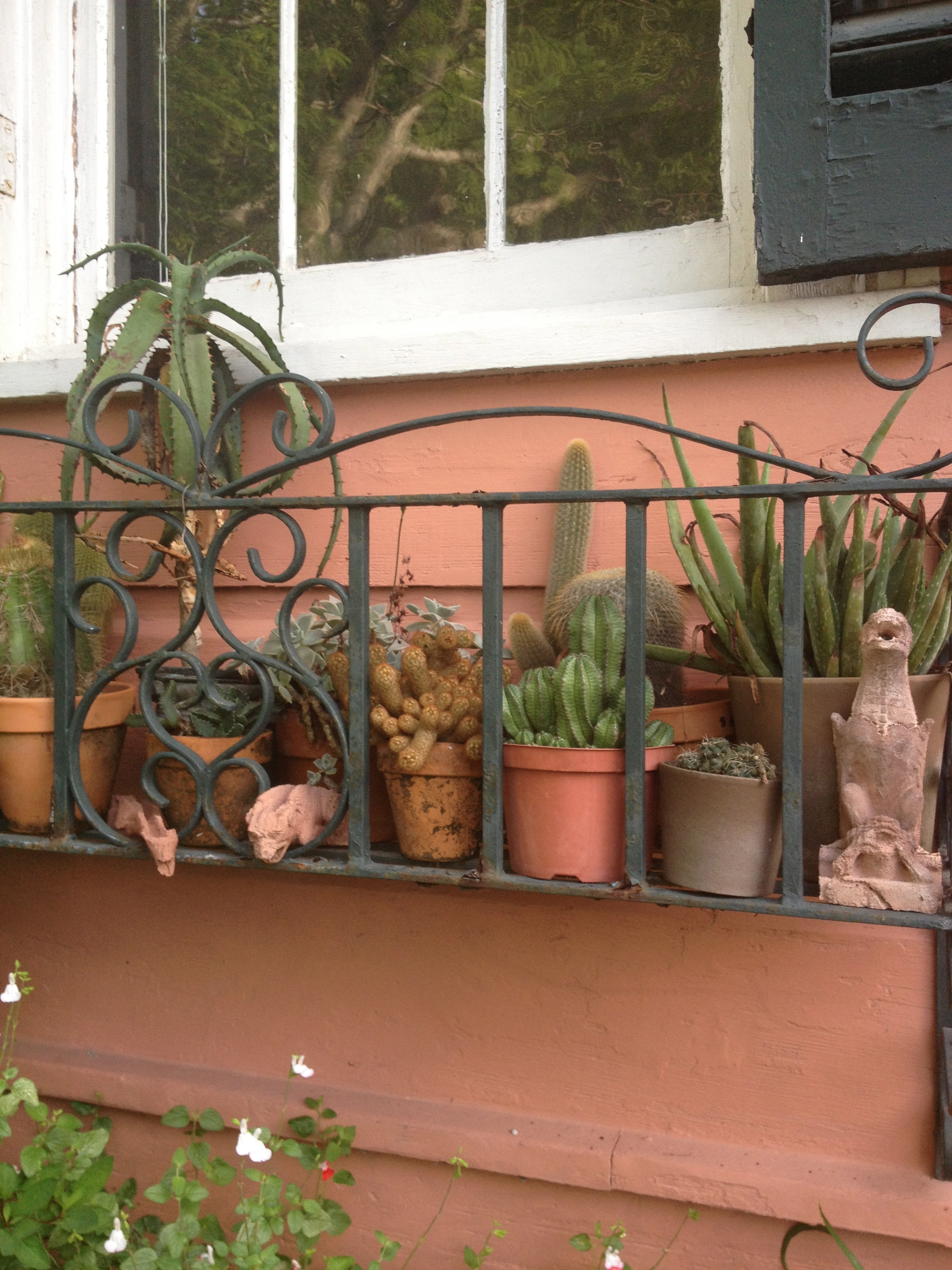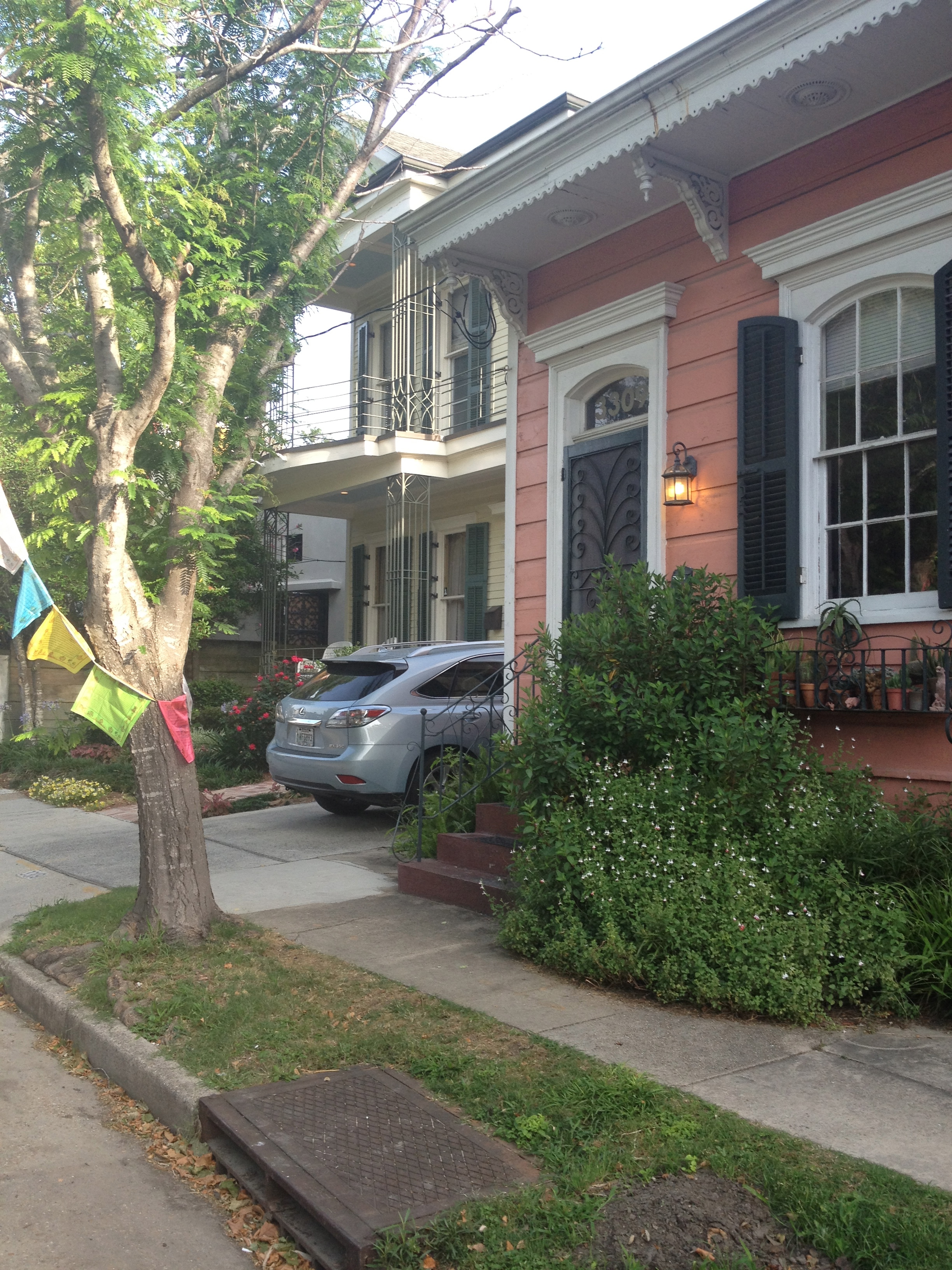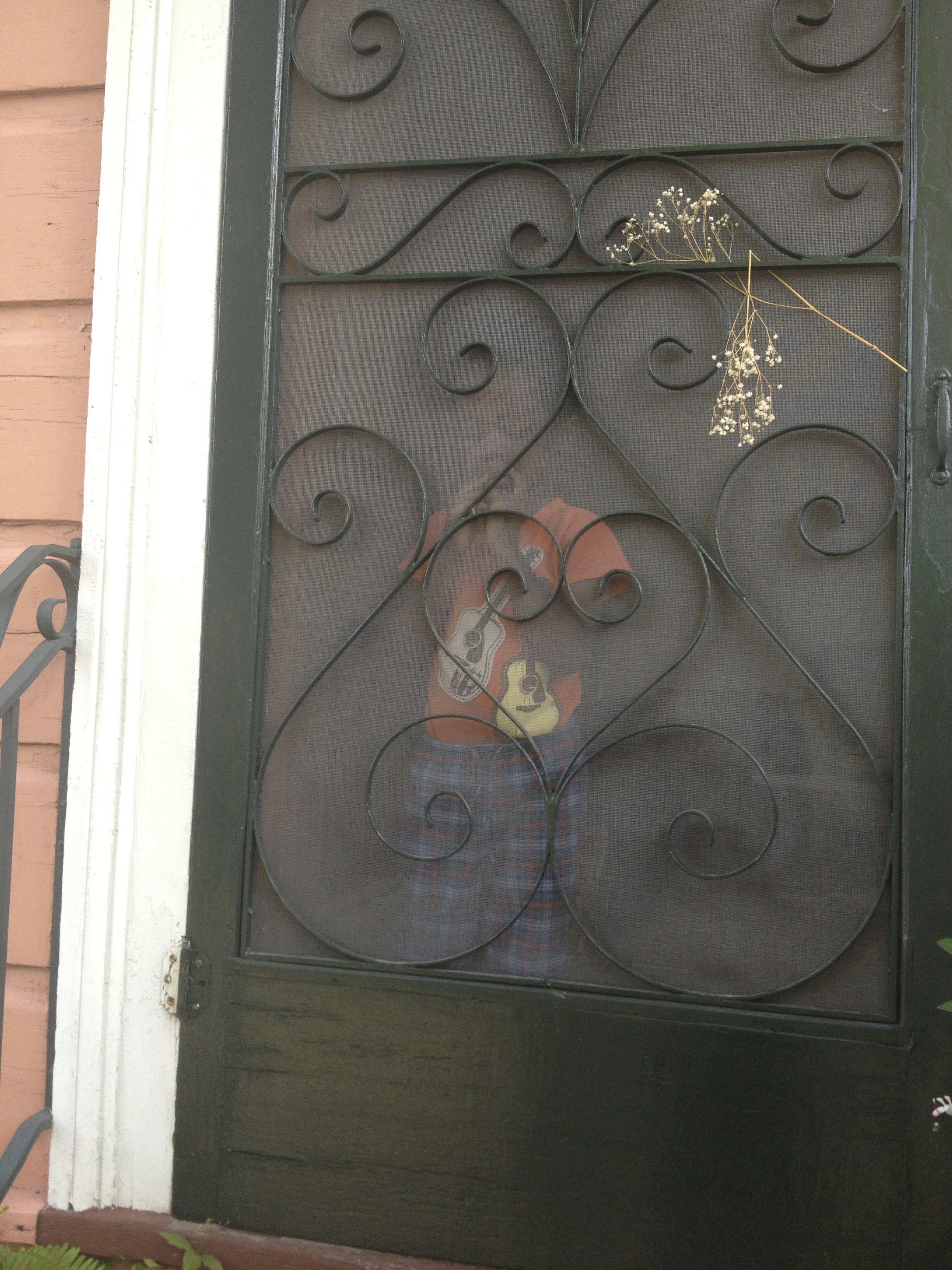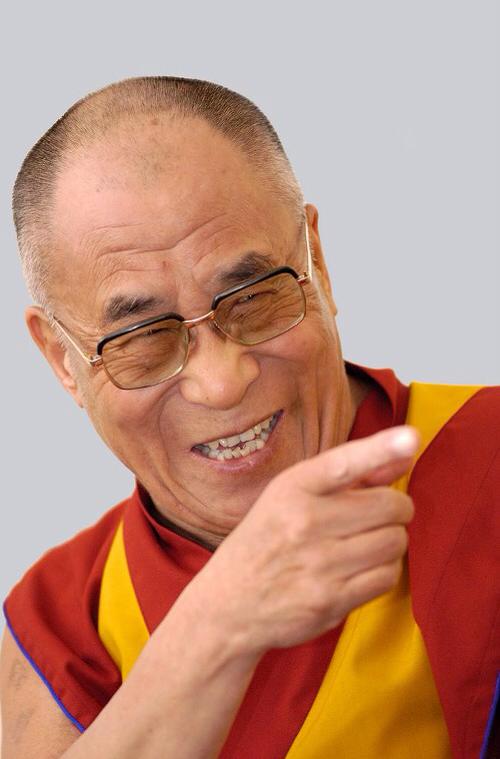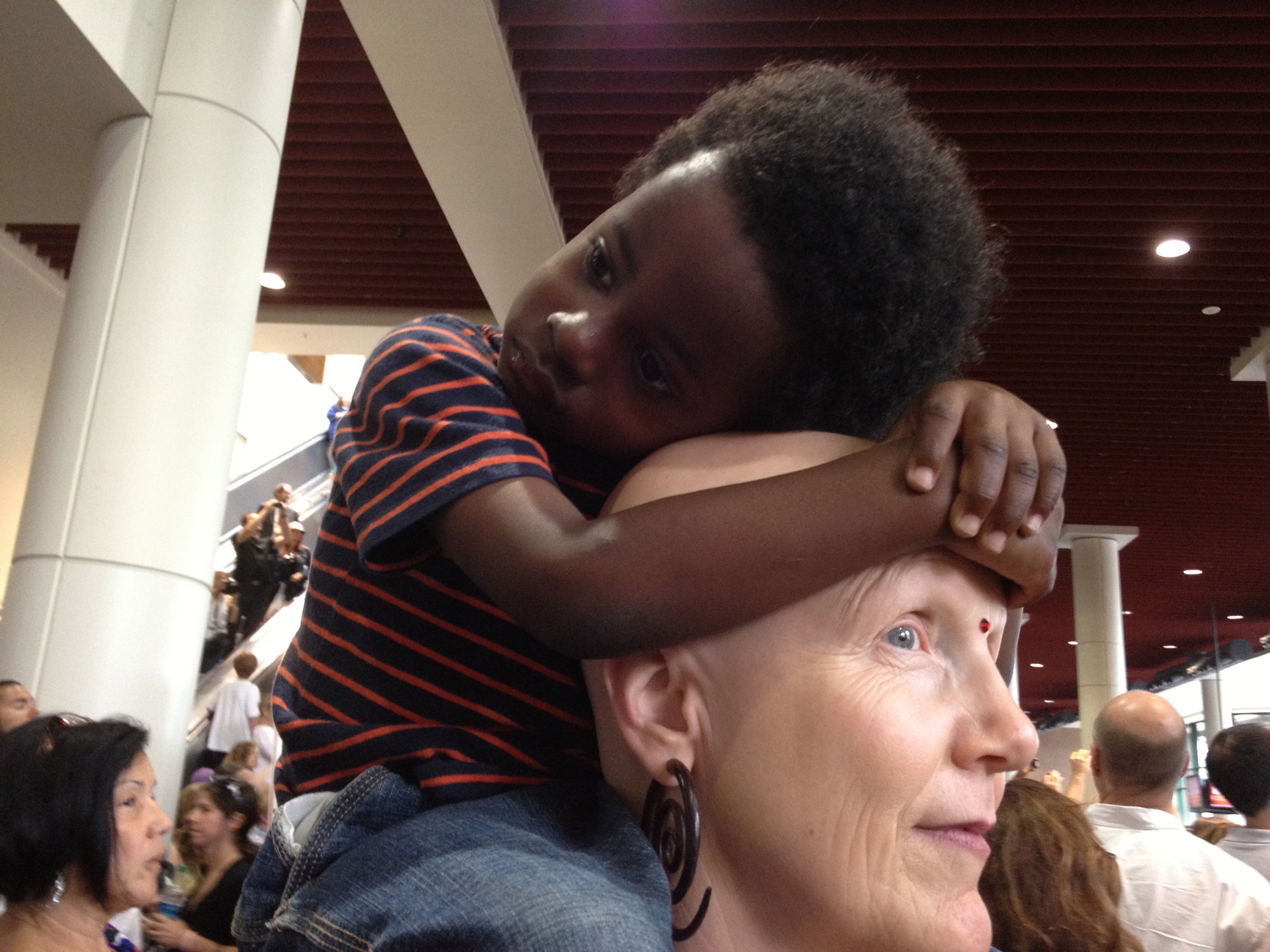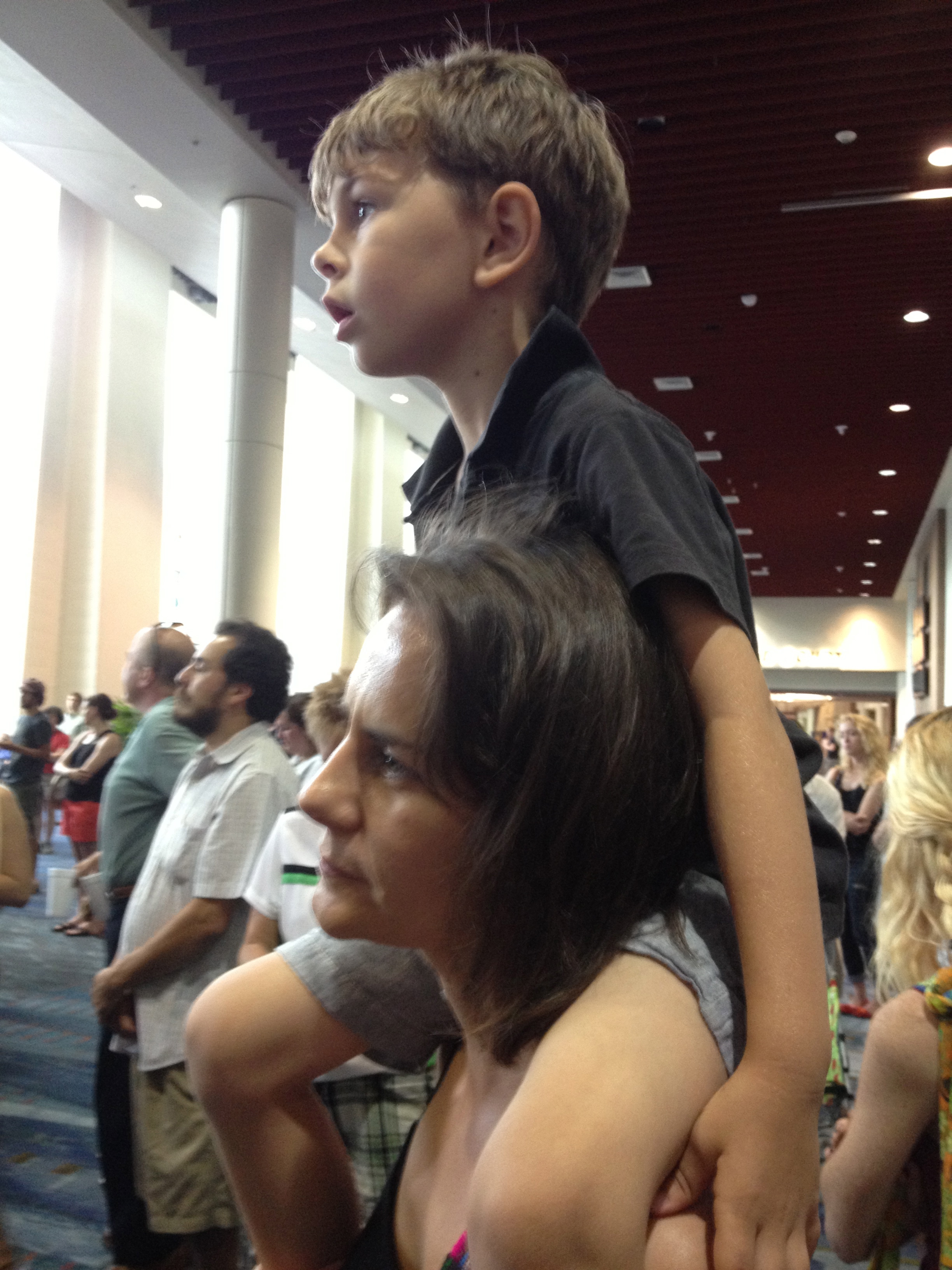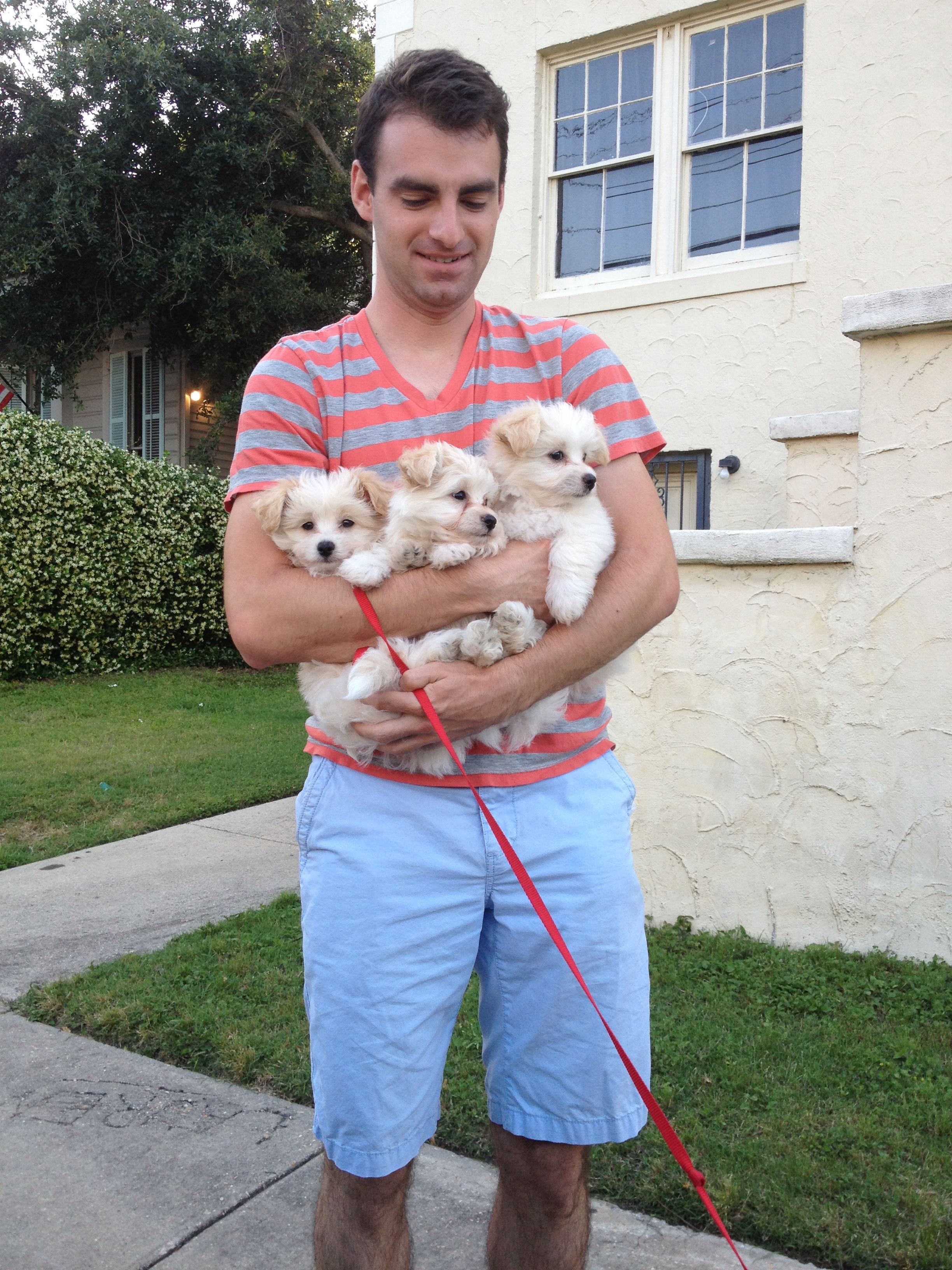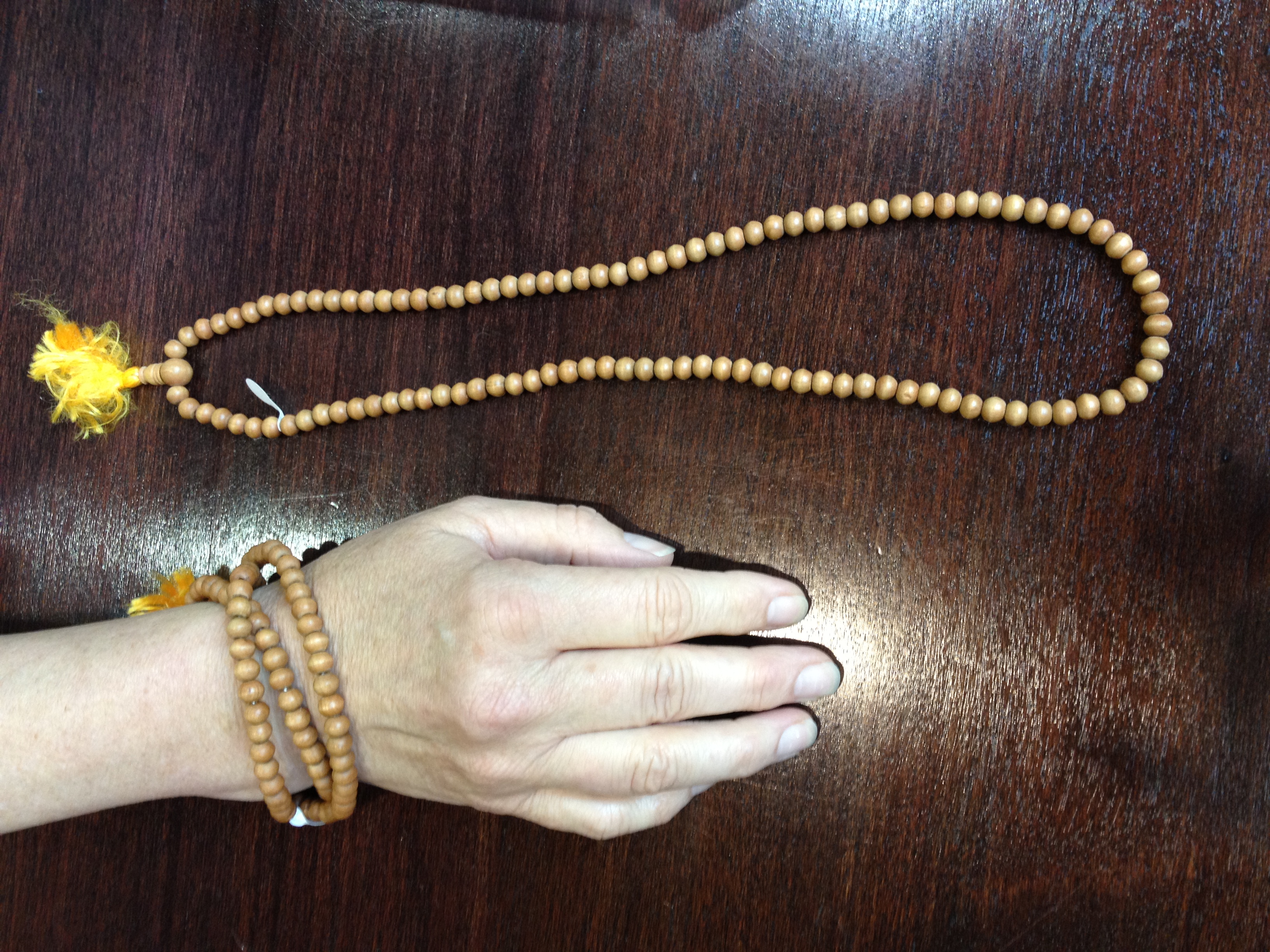Welcoming the Dalai Lama to New Orleans, a City Still Rebuilding
Posted: 05/17/2013 11:51 am
From a talk given at Temple Sinai in New Orleans on May 9, 2013. This is part one in a series.
The Dalai Lama has come to New Orleans. If I were to speak with him, this is what I might say.
Your Holiness, you are coming to New Orleans at a time of some optimism, some hope. Eight years ago, after Katrina, there was some concern we might not survive as a city. Many of us had lost everything, our homes, our community our relatives and friends, and most of all our trust in the large institutions and government we thought should have protected us. The levees broke and so did our hearts, and out in the country there were many dark voices who said we had no right to exist, to continue as a city. We might have lost all faith in each other, but somehow we did not. In the first place, from all over, there was a tremendous outpouring of love and help, of compassion. There was a new influx of young people with energy and hope. We have not exactly triumphed, but we have rebuilt much of our city, our schools.
Yet we still face terrible problems many of which we had before the storm: We have tremendous poverty and hopelessness in our streets; we have violence and a terrible murder rate; our young people are killing each other; we still have corruption; we mistrust our institutions, our police and our jail; the rich and the poor still live very separate lives; and while we often come together to celebrate and party, black and white also live very separate lives. And we are still living on the front line of a world wide ecological disaster. So while we look ahead, with some confidence, that perhaps our city will be safer in future storms, in the not very long term, the destruction of our protective wetlands continues, our land is sinking and the sea is rising and our margin of safety grows thinner every year. So yes we have survived, but the question of long-term survival for our city as a community and as a culture still is very much in question.
Your Holiness, survival was the question you brought to the Jews in our dialogue in Dharamsala in 1990. It was an historic dialogue between two exile peoples, Jews and Tibetans who had never met before at such a high level. And it was a religious dialogue, a dialogue of philosophy, faith and soul — you would call it Mind, your Holiness. When we met with you in 1990, a group of eight rabbis and Jewish teachers, and me as a modern day scribe, your question to us was, can you tell me the secret of Jewish spiritual survival in exile?
What a beautiful question it still is, and one we might ask ourselves also here in New Orleans. Not only for Jews but for all of us here: Do we have a secret for survival?
Some of us smiled at your question as we journeyed through the Punjab. Have we been doing so well as Jews that we can offer advice to others? One of the rabbis on the trip said, I don’t know that you can tell the Dalai Lama, eat chicken soups, send your kids to Sunday school and it will be OK? Some said if there is a secret of survival maybe it’s because it was God’s will and how can you tell that to a non-theist like you? But mostly Your Holiness we were deeply honored by your question, For 2,000 years we survived, and up to now, no one ever thought to ask, how did you do it?
That question was really how you started dialogue with us, so sweetly. When I was sitting in your temple in your exile home in India, that first day, I saw a Buddhist thangka, a sort of wedding cake of Buddhas piled up, and before them was a reflecting pool. And I said to the man next to me, “Is that a pool of water?” And he said, “No, it’s a pool of nectar.” So that is how you reflected us in your eyes, right from the start, sweetly, maybe more sweetly than we knew how to see ourselves, for Jews are a very self-critical people, as you now know, Your Holiness, very contentious and very much opinionated and given to arguments.
So right from the start, the dialogue with you was never going to be just one way with the Jewish side teaching and you receiving. As my beloved teacher Reb Zalman — Rabbi Zalman Schachter — said, “We didn’t come just to sell, but also to buy.” And oh what you had to sell us Your Holiness, was so precious — we are still feasting on the light.
You know, Your Holiness, as we told you then, we Jews have a prophecy that tells us that our suffering and our exile, our collective trauma as a people, has some redemptive meaning. Because of exile we were able to share our teachings our wisdom, our story of redemption from slavery, our Torah. And it’s true also that our Torah, thanks to our sister religions Islam and Christianity, is now known through every corner of the earth, as our greatest philosopher, Maimonides, pointed out. We even found a mission in exile, to be “a light unto the nations,” and yet at times how bitter those words can sound to us and how far from their meaning do we live, caught up in practical concerns.
That you saw something of that light in us as Jews was not just wishful thinking; it was a kind of visualization of us, a meditation in itself. And the Tibetan people have their own theory of their brokenness and exile — that they had stored up so much wisdom behind the barrier of the high Himalayas, and that this wisdom was intended for the whole world. So exile and destruction came to your people too in the 20th century so that at long last this light might also be shared with other nations. And you have been one of the chief carriers of that light, and have gone all over the world with it, and now you are coming to us here in New Orleans. And we are grateful.
In that historic dialogue in 1990 there were two important teachings that still seem relevant to us, both to Jews and really also to New Orleans in general.
Two important secrets of Jewish spiritual survival in exile that you received, and then with a bit of a twist, turned back to us. For your contribution, your response proved to be incredibly powerful.
The first was an historical answer, and the second I might say was a spiritual answer. Or I might say the first was how we speak as Jews to Tibetans, exile people to exile people, and the second, the deeper dialogue of soul to soul.
We sent rabbis to speak with you, mainly. And one of them was Rabbi Irving Greenberg, the founder of CLAL, who later became chair of the Holocaust Museum — an unusual figure at the time, an orthodox rabbi given to dialogue between Jews and other religions. And we joked he was preparing for the more difficult dialogue between Orthodox and Reform Jews. Rabbi Greenberg, Yitz we called him, looked through the long history of Jewish trauma — and we can think of so many: the destruction of the first Temple, the Babylonian exile, the exile from Spain, and looming over all of them and still today, the Holocaust. But of all these historical traumas and destructions, he chose to speak of one: of the year 70, in which the Jewish people were dispersed, Jerusalem itself was renamed for a Roman god, and the destruction of the Second Temple, which still lies in ruins today. And in speaking to you, your holiness, Yitz told of a secret of Jewish survival, which is a kind of spiritual democracy, in which instead of entrusting all the authority in a single figure, it was spread so that everyone had some responsibility. It began with a small group of teachers who we know as the rabbis or rabbinic sages, who founded a small school in northern Israel in Yavneh, and of how they essentially invented a new form of Judaism to replace the old Temple worship that had been conducted by priests.
They faced a choice then, that we have also faced here in New Orleans, as we’ve tried to make our choices. The choice comes down to renewal vs. restoration. When everything is destroyed, there are two impulses, and the Tibetans know this as well. One group wants to rebuild the old monasteries and the old system and keep everything the same, and this is a very human response. Get things back the way they were. The other group recognizes: No, we are in an entirely new situation now, and we cannot go back to the way things were before. We have to renew our institutions and make up new ones. And that’s essentially what the rabbis did. There was no longer a priesthood, no longer a Temple, no longer a central place of pilgrimage called Jerusalem, and the whole meaning of the Torah, the redemptive history of a people who’d lived in exiled and returned home in triumph, was shattered, seemingly forever. So Yitz explained — to you– that the rabbis moved many of the Temple ceremonies into the home, and instead of the priest and the altar, there was the father and mother at the family table, and the blessings for the bread and the wine were now said there. And new observances were created like Tisha B’Av to remember the destruction, to never forget it, and new prayers recited to speak always of the longing for the hoped for return — such as when we say at each Passover, “Next Year in Jerusalem…”
And your Holiness, you heard all that and you grasped it in your hand, and you said, “Now I understand the Jewish secret, in everything you do always to remind, always to remind.”
But that is when the selling turned to buying. For you twisted your hand and you said quietly in your special way: So now that you have returned to the land of Israel, do you still need all these prayers and customs?
And of course you’d nailed it because after all, when my grandfather was a boy in Zhegare and said “Next Year in Jerusalem” at the end of the Seder, it was a hope or a dream, but today it is a call to my travel agent.
Rabbi Greenberg acknowledged how you had turned things around. That we thought we’d come to advise you about exile and trauma but we ourselves are living through a very new kind of situation that has not existed for 2,000 years, a situation that is in fact causing the Jewish people every where tremendous stress and anguish — a mixture of hope and fear — and that is the continuing drama of the state of Israel and its existential conflicts within its borders and without. So Yitz joked, “Your Holiness, we should make you a chief rabbi because that’s exactly what we are wrestling with today,” and Your holiness, you joked, “Then would you get me a little hat?”
So right there you’d turned the exposition into a dialogue, and showed us what we already sense, that though we have survived so much over 2,000 years, we are still struggling with questions of spiritual survival — that is, in what form will Judaism take when exile is a choice rather than a condition?
Even though as Jews we have survived, our struggle is not at all over. It reminds me of what one of our great contemporary Jewish poets, and part time New Orleanian, Bob Dylan said,
The rabbis built a good strong boat after the fall of the Temple. It carried us along for about 1,800 years. Then it started to fall apart. We’ve been drifting on planks of wood and life savers for the last 250 years. But that’s an amazing boat. It lasted for 1,800 years and even the wreckage is pretty amazing.
But as beautiful as that exchange about suffering and history and destruction was, there was a second exchange that had an even more profound effect on many Jews. And this one was soul to soul, and angel to angel — the Jewish soul and the Tibetan soul, the Jewish angel and the Tibetan angel. For the spiritual dimension of reality is so often neglected, despised, even hated in today’s world, but it is a major part of what makes Jewish survival worthwhile in the first place. And right now it is in the midst of our wreckage I speak to you, both as a Jew and as a New Orleanian, because survival is not just a matter of urban planning, or of financial aid, or willfulness. It is something deeper. It is of the soul, the soul of individuals and the soul of the city, and the soul of nation. To rebuild is important, but to recognize a new historical moment and to renew is a matter of soul I do believe, and without soul nothing we do can ever really be new.
Rodger Kamenetz is the author of ‘The Jew in the Lotus.’

